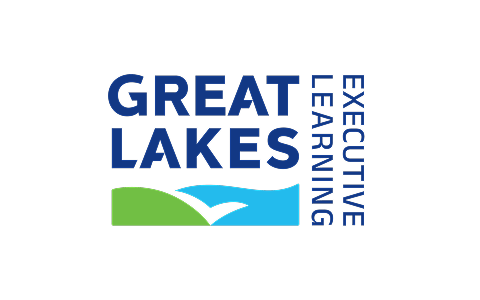Free Human Resource Management Course
Human Resource Management
Explore key HR principles such as recruitment, training, performance management, and compensation. Enroll in our free HR Management course and master essential HR skills.
Instructor:
Shantnu RanaAbout this course
This free HR Management course is designed to guide you through the core principles of Human Resource Management (HRM), with practical examples to enhance your learning. You’ll cover key topics such as the functions of HRM, manpower planning, job analysis, recruitment and selection, and more. The primary focus is on training and development, where you’ll explore techniques for employee growth, performance management, and employee engagement strategies.
The course also covers compensation and benefits, providing a comprehensive understanding of how HRM contributes to business success. By the end of the course, you’ll have the knowledge and skills to effectively manage HR processes and contribute to a positive workplace culture, laying a strong foundation for a successful career in HR.
Course outline
Introduction to HRM
The module will introduce you to Human Resources with examples. It will also explain why human resources are the best valuable asset of the organization. After understanding the basic terms, the instructor will explain what HRM is.
Functions of HRM
Discover various functions where Human Resources are involved in. One by one, the functions like Job Analysis, Onboarding, Training, Compensation, and more will be discussed.
Evolution of HRM
This module will take you through the evolution of HRM over a period of time. You will understand how things have improved, and HR processes have become better with time.
Manpower Planning
Moving forward, this module will discuss Manpower Planning, also known as Human Resource Planning. You will understand here what Manpower Planning is and why it is important for raising the productivity of the business. You will also learn the steps of Manpower Planning to make the right decisions regarding Human Resources.
Job Analysis
Become familiar with the systematic process of collecting information about a job, which is known as Job Analysis. In this module, you will understand how Job Analysis is different from Job Description and Job Evaluation. This is an important step to support the other functions of HRM.
Recruitment and Selection
Understand the meaning of recruitment and selection in this module. The differences between recruitment, selection, and onboarding will be discussed here by going through the tasks involved in these processes.
Compensation and Benefits
Acquire knowledge about compensation and benefits that are paid to an employee to be a part of the organization and to perform better. Understand the elements of compensation and benefits that will be helpful whether or not you are planning to advance your career as an HR professional.
Training and Development
This module will focus on the importance and need of Training and Development in the organization. The organizations spend a huge chunk of money on this function as it is one of the most important functions of HRM. Come across the ADDIE model that is used to plan training sessions in the systematic model.
Performance Management
Once people are hired and trained, then comes the role of Performance Management. In this module, acquire knowledge on Performance Management and its cycle that guides through the process of Performance Management.
Employee Engagement
When an employee is engaged with the organization, it makes a huge difference. This module will take you through different terms like employee satisfaction and employee commitment. It will further explain why employee engagement is important for the organization and its performance.
ChatGPT for Human Resource Management
In this module, we’ll explore using ChatGPT to support core HR tasks, including writing job descriptions, enhancing onboarding experiences, and gathering employee feedback to streamline processes and improve overall efficiency.
Get access to the complete curriculum once you enroll in the course
Level up with advanced skills & become job ready with Pro+
Subscribe to Pro+ today to build skills with 50+ Pro courses and prep for jobs with advanced AI tools.

Human Resource Management: From Strategy to Execution

Practice exercises

Guided Projects

AI Resume Builder

AI mock interviews
Our course instructor

Shantnu Rana
Academic Counseling Expert
Management Expert
Frequently Asked Questions
Will I receive a certificate upon completing this free course?
Is this course free?
What is Human Resource Management (HRM) and Why is it Important?
HRM involves managing people in organizations, focusing on policies and systems. It's crucial for hiring, training, performance assessment, and ensuring legal compliance, contributing to the overall success of an organization.
What will I learn in this Human Resource Management course?
This free online HR course with a certificate covers HRM basics, manpower planning, job analysis, recruitment and selection, compensation and benefits, training and development using the ADDIE model, performance management, employee engagement, and an introduction to using ChatGPT for HR tasks. This makes it one of the most practical HR courses for beginners.
What are the Key Functions of Human Resource Management?
Key functions include recruitment and staffing, training and development, employee relations, compensation and benefits management, and ensuring compliance with employment laws.
Who should take this free HR course?
This course is suitable for students, fresh graduates, aspiring HR professionals, recruiters, and managers who want a clear understanding of HR fundamentals. It also works well for learners exploring hr certification courses free options.
How Does HRM Contribute to an Organization’s Success?
Effective HRM contributes by maximizing employee performance, improving job satisfaction, fostering a positive work environment, and aligning employee goals with the organization's.
How long does this free HR course take to complete?
The course includes 3.0 hours of learning content. It follows a self-paced structure, which suits learners looking for free online HR courses with certificates that can be completed alongside work or studies.
What Skills are Essential for a Career in Human Resource Management?
Essential skills include excellent communication, empathy, discretion and ethics, organizational skills, knowledge of labor laws, and strategic thinking.
Is the Human Resource Management course a certification course?
What are the Latest Trends in Human Resource Management?
Current trends include the use of HR analytics, focus on employee experience and wellbeing, diversity and inclusion initiatives, and adapting to remote or hybrid work models.
What HR skills will I gain from this course?
You will gain the following skills:
- Manpower Planning
- Job Analysis
- Recruitment and Selection
- Compensation and Benefits
- Training and Development
- Performance Management
- Employee Engagement
- ChatGPT for HR
How Important is Technology in Modern HRM?
Technology, like HRIS (Human Resource Information Systems), plays a vital role in modern HRM by automating administrative tasks, enhancing data analysis, and improving employee engagement.
Does this course include practical HR use cases?
Yes, The course explains real-world workplace scenarios, including hiring, training employees, managing performance, and improving engagement. This makes it worthwhile alongside hr free certification courses focused on practical skills.
What is the Role of HRM in Employee Training and Development?
HRM identifies training needs, designs training programs, and evaluates their effectiveness to ensure employees possess the necessary skills and knowledge for their roles and career growth.
Can Small Businesses Benefit from HRM Practices?
Yes, even small businesses benefit from HRM practices as they help in attracting and retaining talent, ensuring compliance, and improving productivity.
Is this a free HR course with certificate?
Yes, After completing the course, you have the option to receive a completion certificate by paying a nominal fee. This makes it suitable for learners seeking free HR courses with a certificate.
What is the Difference Between HRM and Personnel Management?
HRM is a more modern and holistic approach, focusing on aligning HR strategies with the overall organizational goals. Personnel management is more administrative, dealing primarily with employee management and relations.
How Does HRM Handle Diversity and Inclusion in the Workplace?
HRM plays a critical role in promoting diversity and inclusion by implementing policies and practices that ensure fair treatment, equal opportunities, and a respectful work environment for all employees.
Do I need any prior experience to take this HR course?
No prior HR or business experience is required. The course starts from the basics, making it suitable for beginners exploring free HR certificate courses.
Is this free Human Resource Management course self-paced?
Yes. The course is entirely self-paced. You can start anytime and progress at your own speed, which is ideal for learners taking hr courses online free while balancing other commitments.
What are some sources for online courses?
Dive into Great Learning Academy's free online courses, where you'll find educational resources on in-demand subjects like Artificial Intelligence, Machine Learning, Data Science, and Cybersecurity.
What are the steps to enroll in this course?
The steps to enroll in this course are as follows:
- Go to the website
- Find the course that you want to enroll in.
- Click on ENROLL NOW.
Can I sign up for multiple courses from Great Learning Academy at the same time?
Yes, you can sign up for multiple courses from Great Learning Academy at the same time.

 4.6
4.6
























.jpg)



.png)

.jpg)
.jpg)


.jpeg)


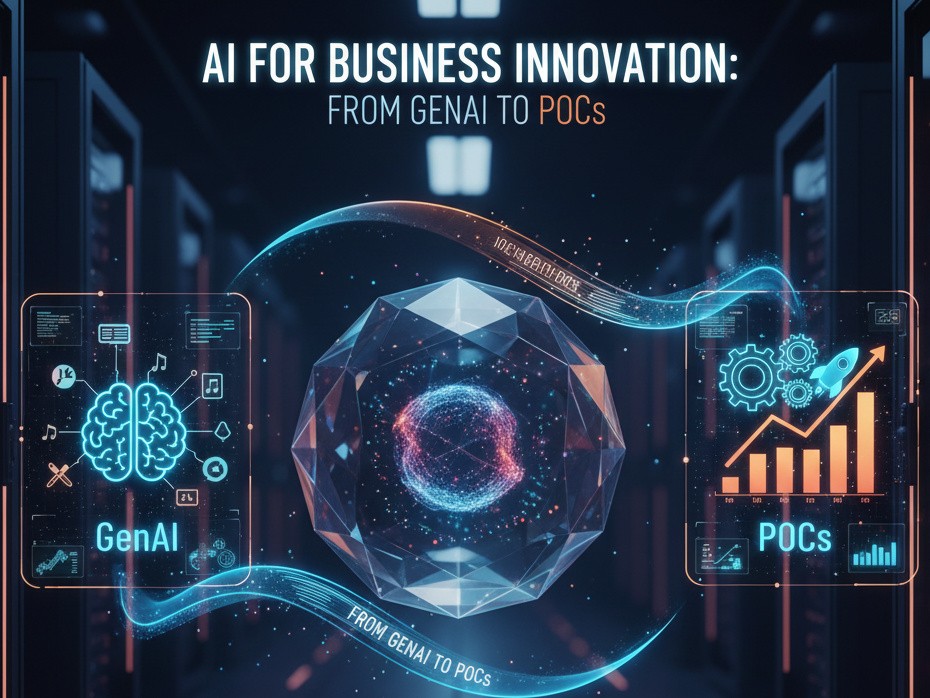



.png)

.png)
.png)
.png)
.png)
.png)
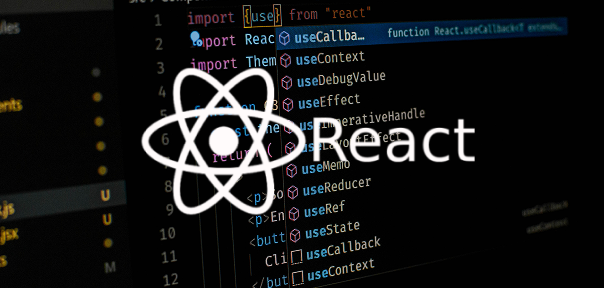
.png)
.png)
.jpg)




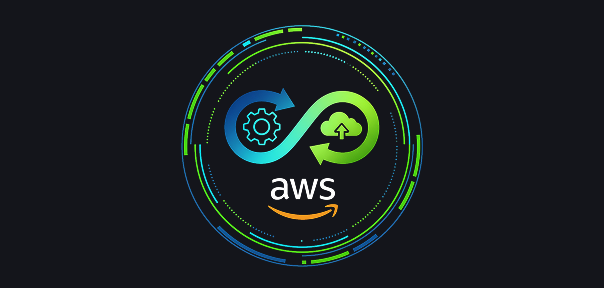
.png)
.jpg)
.jpg)

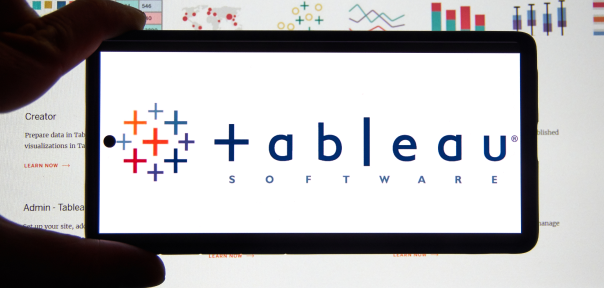

.png)
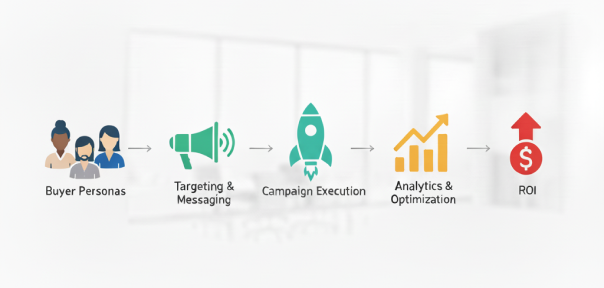
.jpg)
.png)
.png)
.png)
.png)
 (1).jpg)
.png)

.png)


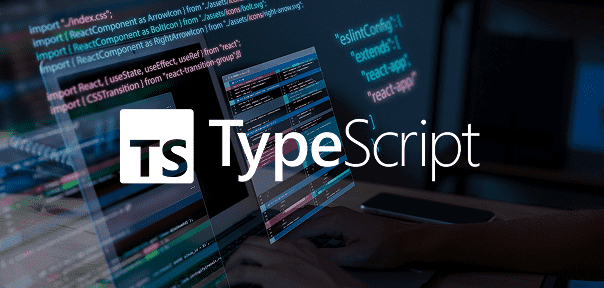

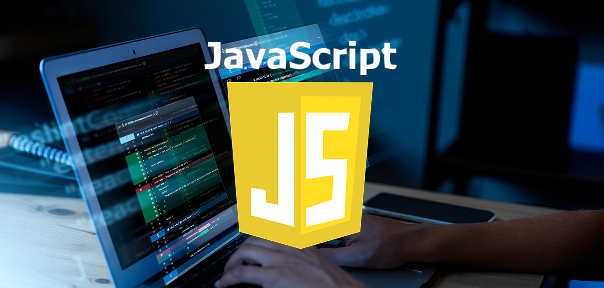


 (1).png)

.png)
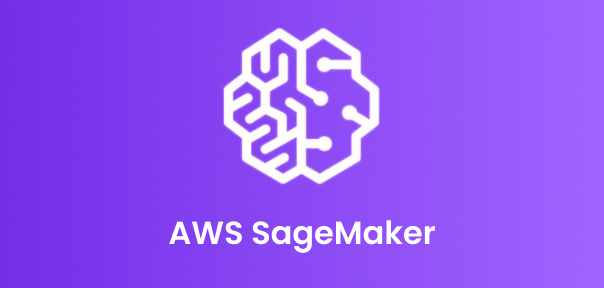

.png)
.png)
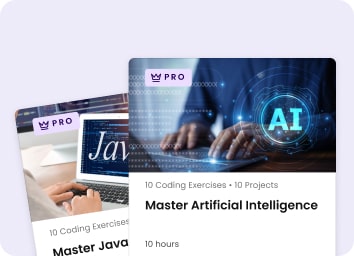
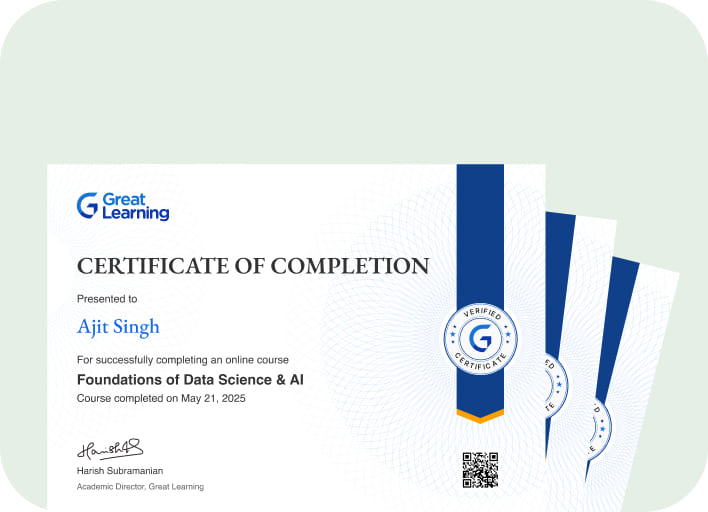
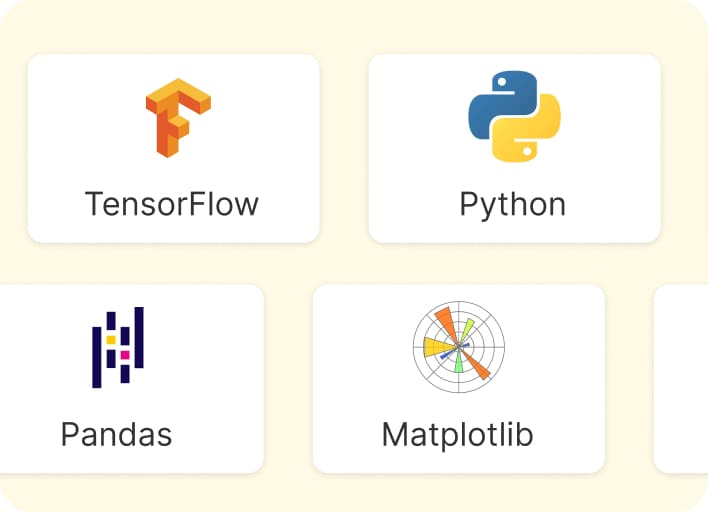
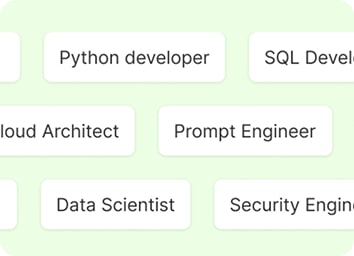





.jpg)



